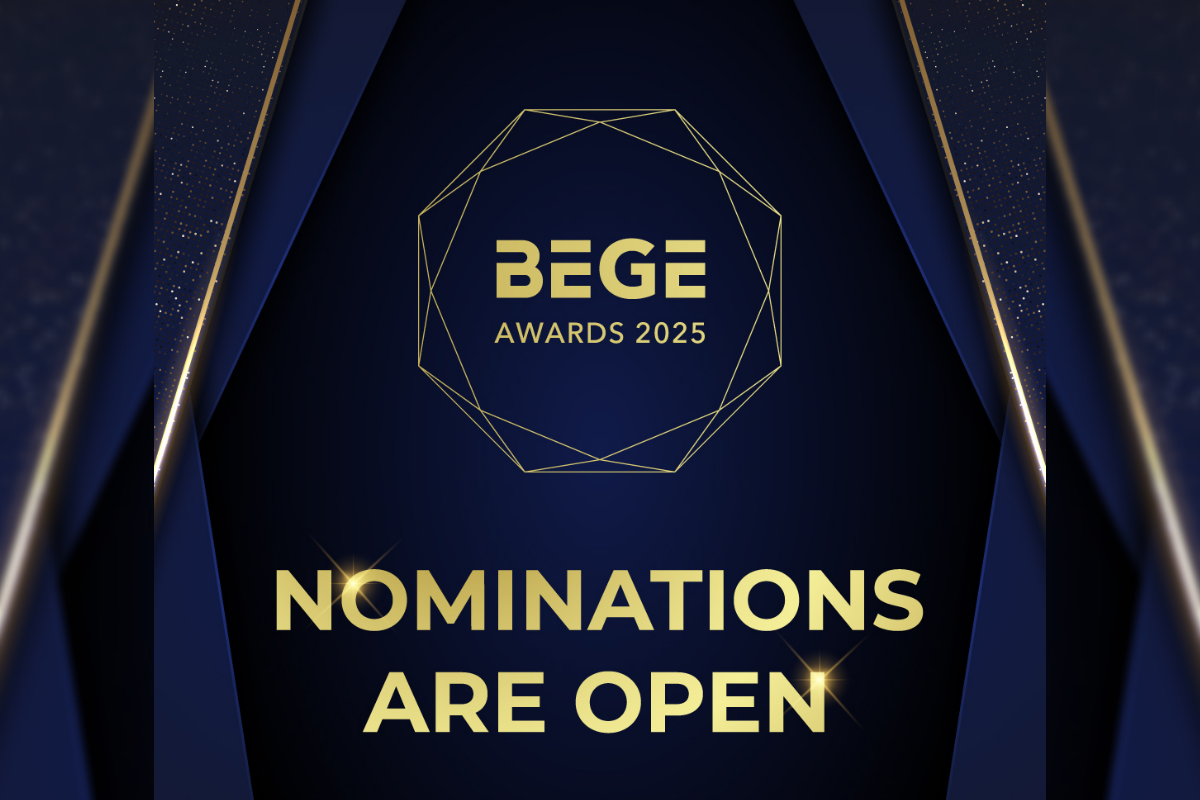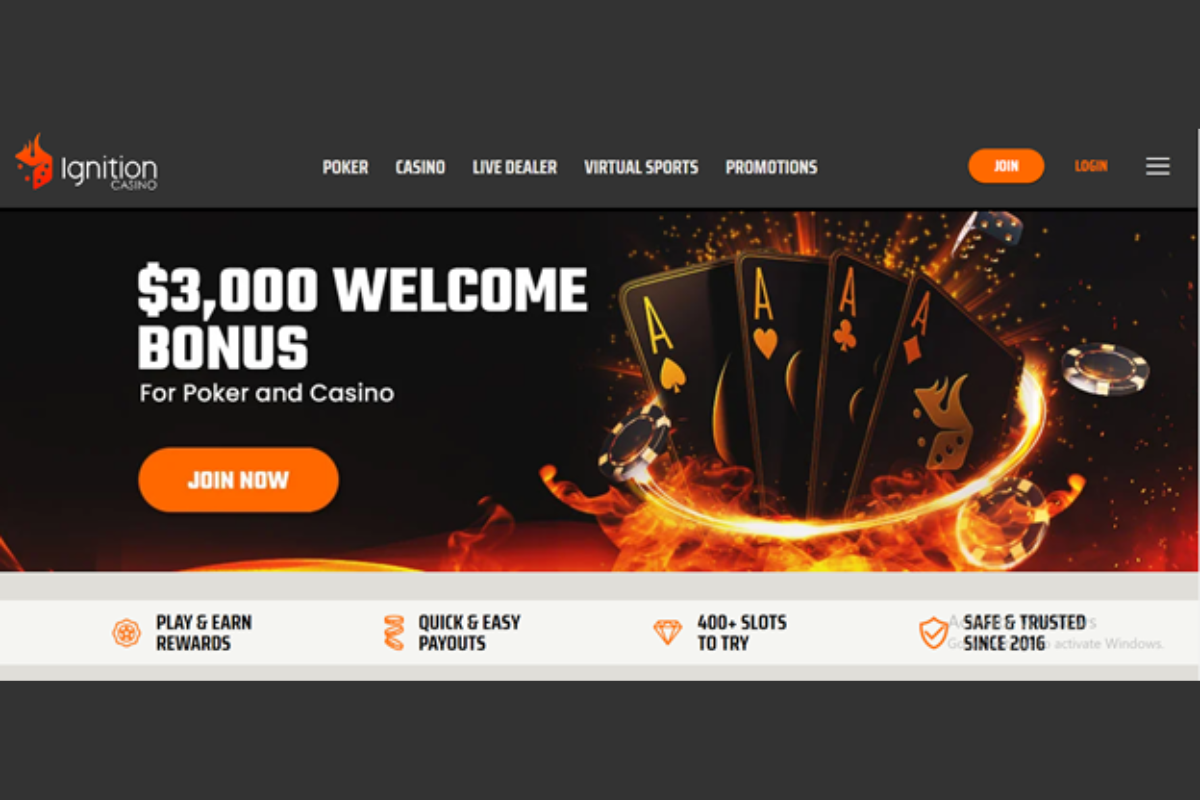Latest News
Ireland’s charities and good causes losing out on as much as €43 million a year due to National Lottery’s license terms and operator’s commercial practices
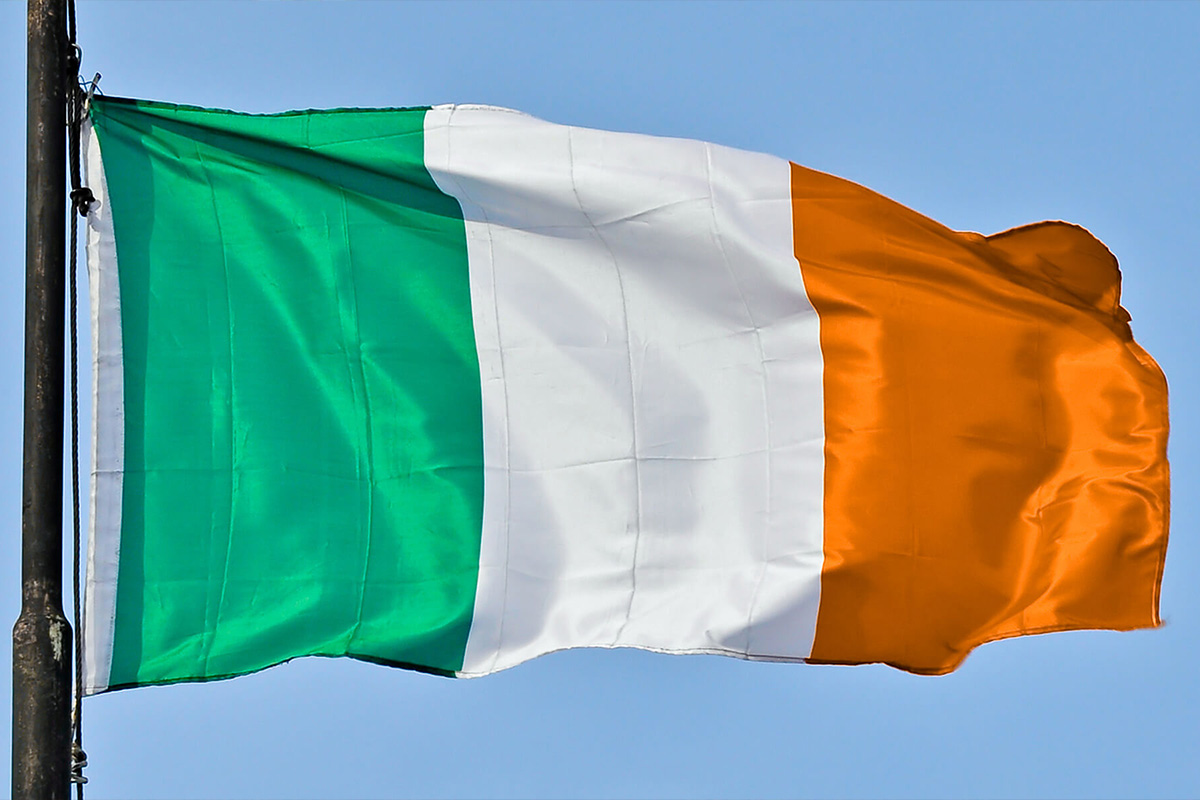
- National Lottery operator to benefit from as much as €306 million in unclaimed prizes over the 20-year term licence;
- Unclaimed prizes, limited online performance, and increasing prize ratios are all key contributory factors in reduced Good Causes Funding;
- Long-term sustainability and growth of Good Causes Funding are negatively affected by the current commercial strategy of Premier Lotteries Ireland (PLI);
- Continuing lack of evidence that online lottery betting is significantly impacting the sales performance of the National Lottery and Good Causes Funding;
- DCU economist Tony Foley: “Today’s research highlights that there are several key issues that present a risk to the long-term sustainability of this vital funding…”
A new research report by DCU economist Tony Foley on the sustainability of Good Causes Funding associated with the National Lottery, published earlier today Monday 11 November, has found that aspects of the current commercial strategy of the license holder are undermining the Fund’s long-term future and its contribution to voluntary and community organisations across Ireland.
The research, commissioned by the European Lotto Betting Association (eLBA), found that currently up to €43 million in Good Causes Funding is being lost every year because of the business approach being pursued by the licence holder, Premier Lotteries Ireland (PLI), who paid €405 million when awarded the contract in 2014 to operate the National Lottery for a 20 year term until 2034.
The report, “An Analysis of Good Causes Funding Associated with the National Lottery and Factors Impacting its Long-Term Sustainability”, identified the key factors, that are impacting Good Causes Funding currently and into the future, as being;
- The unprecedented level of unclaimed prizes returned to the operator
In 2018 alone, the unclaimed prizes total returned to PLI was €19 million. Under the terms of the National Lottery in the UK, for example, that same amount would have been ringfenced for contribution to the Good Causes Fund.
The report highlights that a continuation of the current strategic approach of the National Lottery, in prioritising the performance of the retail channel over urgent investment and action to address the underperforming digital channel, could see up to €14.74 million per annum or a total of €305.8 million in unclaimed prizes returned to PLI by 2034;
- A fall in Good Causes Funding contribution relative to National Lottery sales
In 2009, Good Causes Funding as a percentage of National Lottery sales stood at 32.3%. In 2013, prior to the awarding of the new National Lottery licence to PLI, it was 30%; while by the end of 2018, it had fallen to 28.4%. A restoration to even the 2013 share of 30% would result in an extra €12.9 million contribution per annum to Good Causes Funding;
- Increasing National Lottery prizes as a share of sales
PLI’s licence requires that prizes as a share of sales must be a minimum of 50%. However, in 2018, it stood at 56.3%. This strategy, led by the operator, means that total gross gaming revenue, a key determinant in Good Causes Funding, is being undermined. Even a modest 2% reduction in prizes as a share of sales, back to 54%, would yield up to an additional €13 million annually for Good Causes Funding;
- Ongoing underperformance of the National Lottery digitally
The digital share of total National Lottery sales remains low, materially risking the long-term sustainability of Good Causes Funding. In 2018, online sales were only 7.7% of total sales, compared to a previously stated target at the start of the license of 15%. This also significantly under indexes the National Lottery in the UK, where online sales now stand at 25%, and the Paddy Power business, where 50% of global revenues are generated by its digital channels.
With the ongoing shift in consumer purchasing to digital platforms, the relatively poor performance of the National Lottery in this space is a clear and significant concern for its future and, consequently, Good Causes Funding.
The report also found that there is no evidence that a ban on lottery-type betting, such as that offered by retail bookmakers or dedicated online lottery betting providers like Lottoland, would significantly “boost the performance of the Good Causes Funding” or would result in these consumers switching their spending to National Lottery products. In fact, the findings show that between 2014 and 2018, the period when Lottoland and other licensed online lottery betting operators entered the market, overall National Lottery sales increased by €117.3m or 17.1%, with Good Causes Funding increasing by €34m or 17.5%. Also, National Lottery sales as a % of overall bookmaker’s turnover in the Irish market increased from 24.2% in 2015 to 27.9% in 2018.
Comment by DCU economist Tony Foley:
“Over the last thirty years, the National Lottery and its contribution to Good Causes Funding has been an important source of financial support to community and voluntary organisations in every parish, constituency and county in Ireland. Today’s research highlights that there are several key issues that present a risk to the long-term sustainability of this vital funding.
“The perceived threat of online lottery betting to Good Causes Funding is in fact minimal in today’s terms, as indicated by the market share held by the licensed operators like Lottoland, especially in light of the robust sales performance of the National Lottery.
“The reality is that issues such as the reduction in Good Causes Funding as a percentage of National Lottery sales in recent years, the ongoing limited digital performance of the National Lottery, reduced player participation and the extent of the unclaimed prizes expected to be returned to the operator over the 20 year license, are far more significant threats to the future of the Good Causes Funding.
“There is also inadequate transparency around aspects of the current financial performance and regulation of the National Lottery, which is making it difficult for policymakers to assess the extent of the problem and to take appropriate steps to address these issues. The National Lottery Regulator can support policymakers by ensuring that they have access to more detailed information than currently appears to be the case. Better availability of information would contribute to ensuring that the right decisions are made to address the most significant risks to the long-term sustainability of Good Causes Funding”.
-

 Interviews7 days ago
Interviews7 days agoHIPTHER Community Voices: Alieu Kamara – Founder and CTO of AmaraTech
-
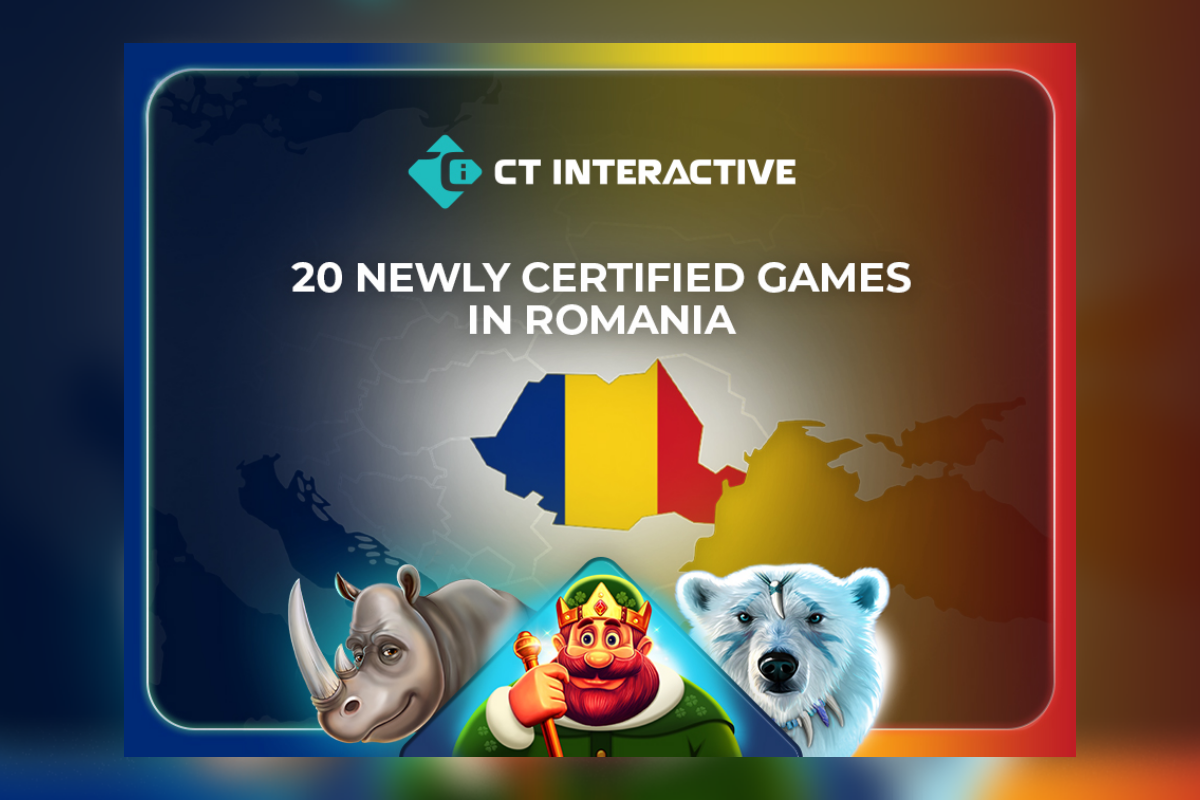
 Compliance Updates7 days ago
Compliance Updates7 days agoCT Interactive grows its certified portfolio in Romania
-

 Asia7 days ago
Asia7 days agoMetal Genesis Announces “Barrel of a Gun” Song Collab with Priscilla Abby
-

 Latest News7 days ago
Latest News7 days agoFrom gut feeling to game-changer: how AI is rewriting the rules of sports betting
-

 Latest News7 days ago
Latest News7 days agoWeek 36/2025 slot games releases
-
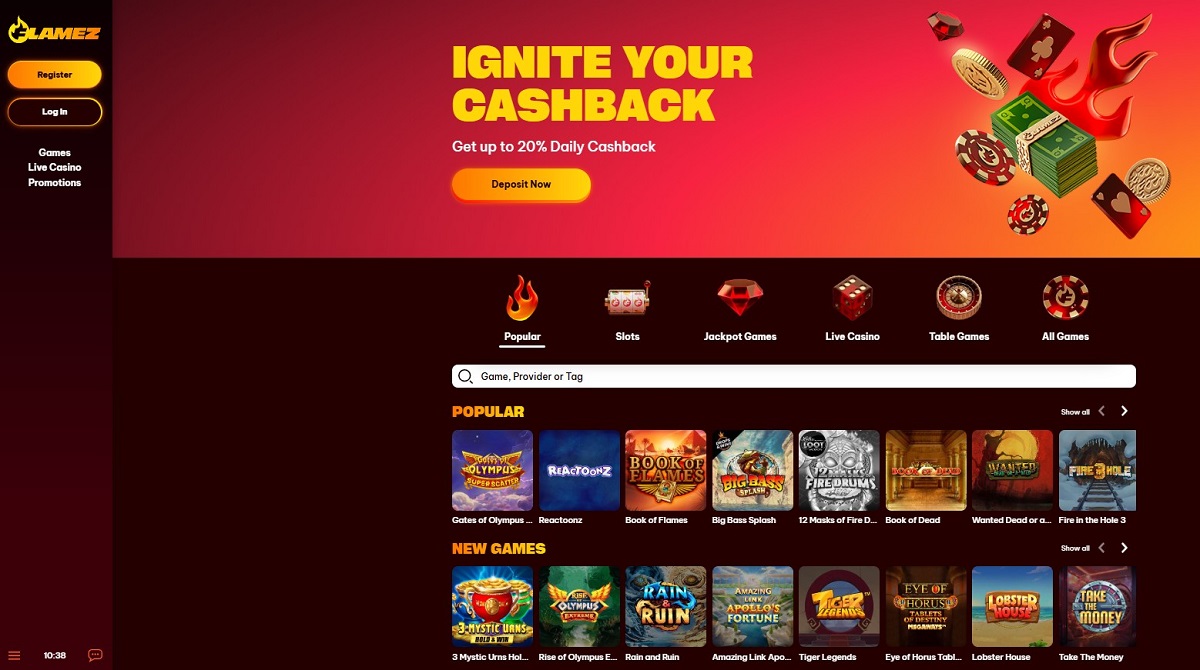
 Latest News7 days ago
Latest News7 days agoFlamez – A Fiery New Online Casino Contender from Ganadu
-

 Latest News7 days ago
Latest News7 days agoProgressPlay to Unveil Standalone Platform Upgrades at SBC Summit 2025
-

 Conferences in Europe7 days ago
Conferences in Europe7 days agoEurasia and the Middle East in Focus at SBC Summit 2025 Emerging Markets Stage









